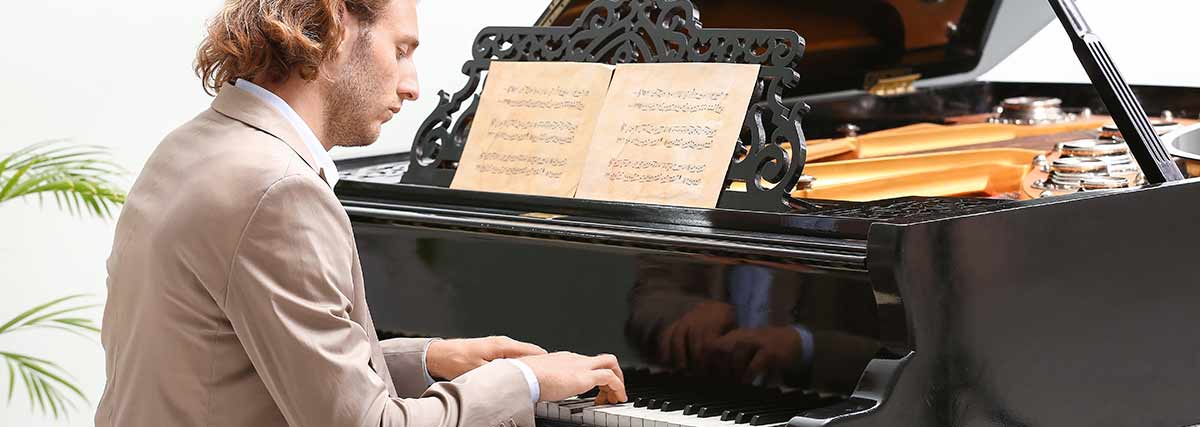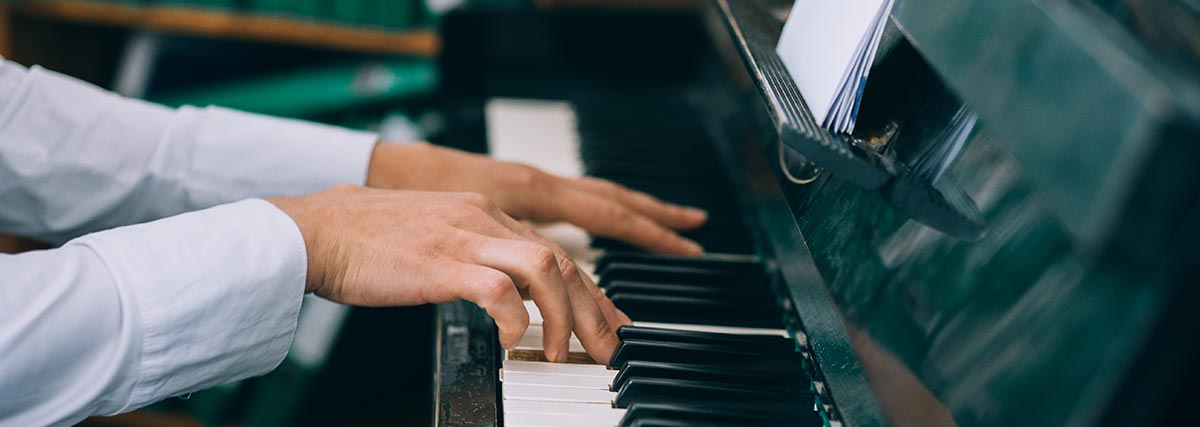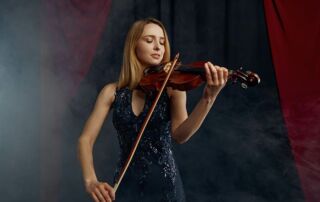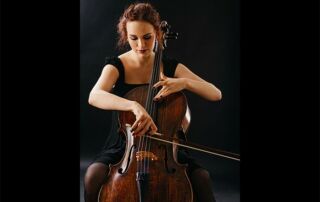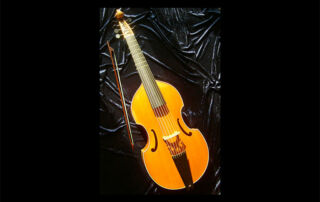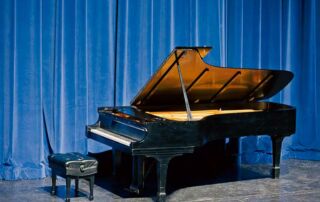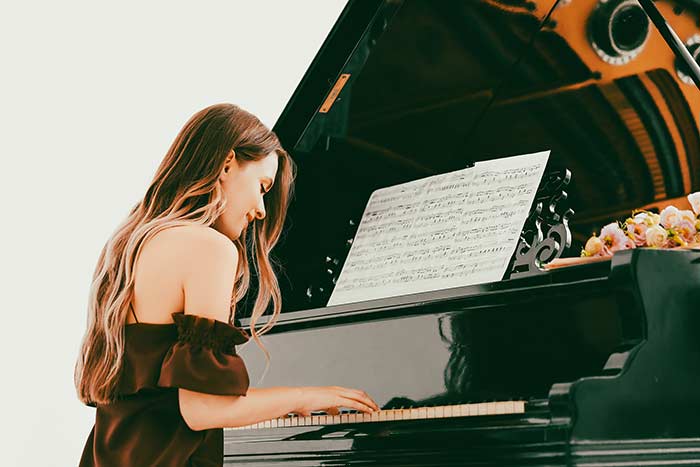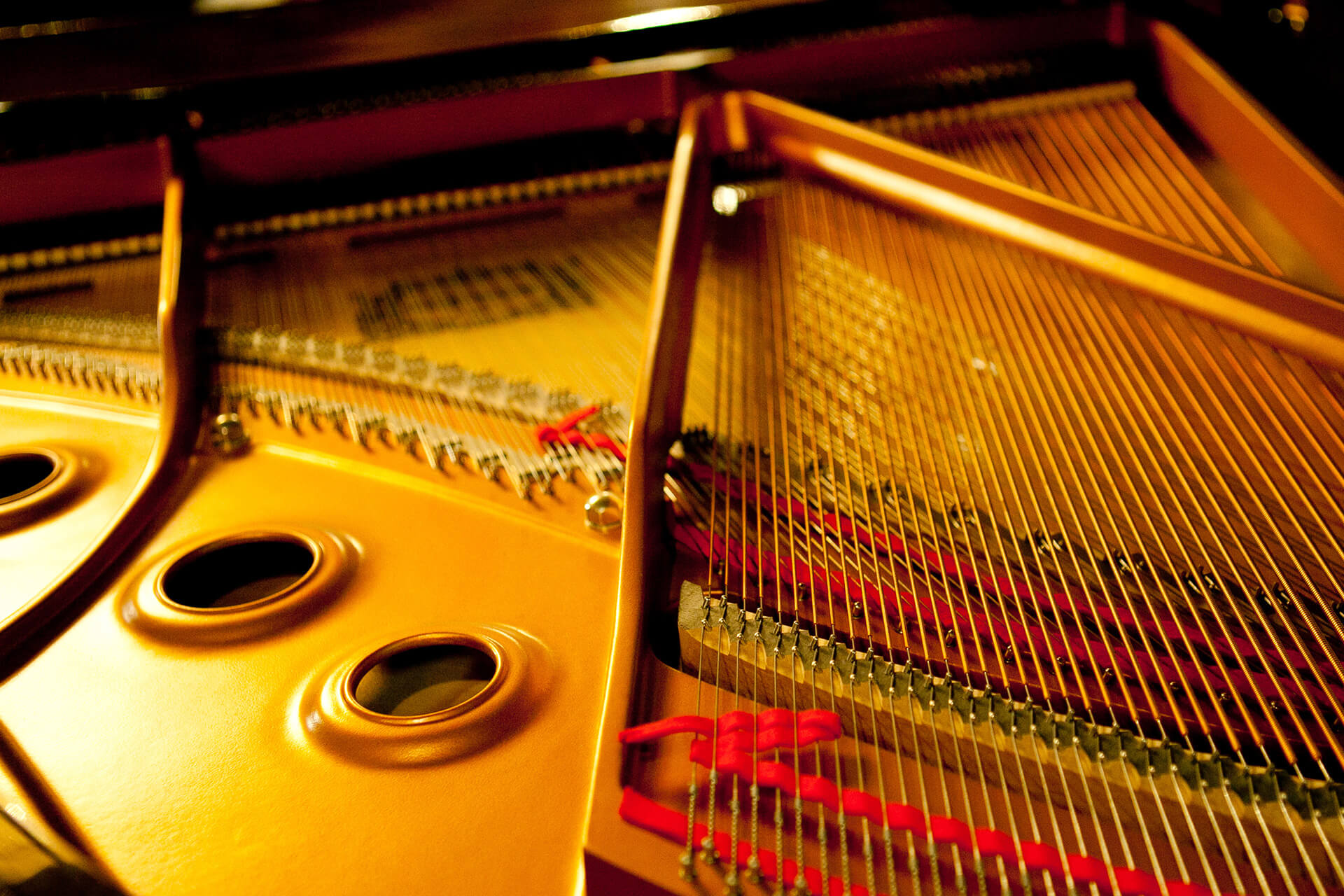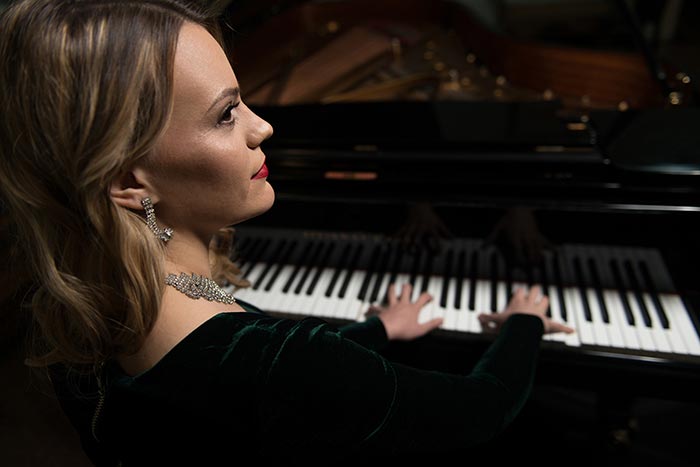Any musical performance requires, above all, an excellent technical mastery.
This aspect of piano playing has become increasingly important, and we can definitely see this in the winners of international piano competitions. It is also impossible to think of all the renowned names in piano playing without reference to their mastery of technique. The famous term virtuoso, by the way, derives from the fact that these musicians are able to make us forget about technical concerns, because for them this is not an obstacle.
But what are the main reasons why it is recommended to practice technique daily? Certainly, many of us think that the exercises are boring, that they are not "musical" and that we could select the technical problems directly from the pieces we are studying. For example, in a typical Sonata there are always one or two technically difficult bits that slow us down. However, the variety of technical problems cannot simply be condensed into a single piece of music, however difficult. We can therefore formulate five reasons why it is useful and relevant to study piano technique as an art by itself.
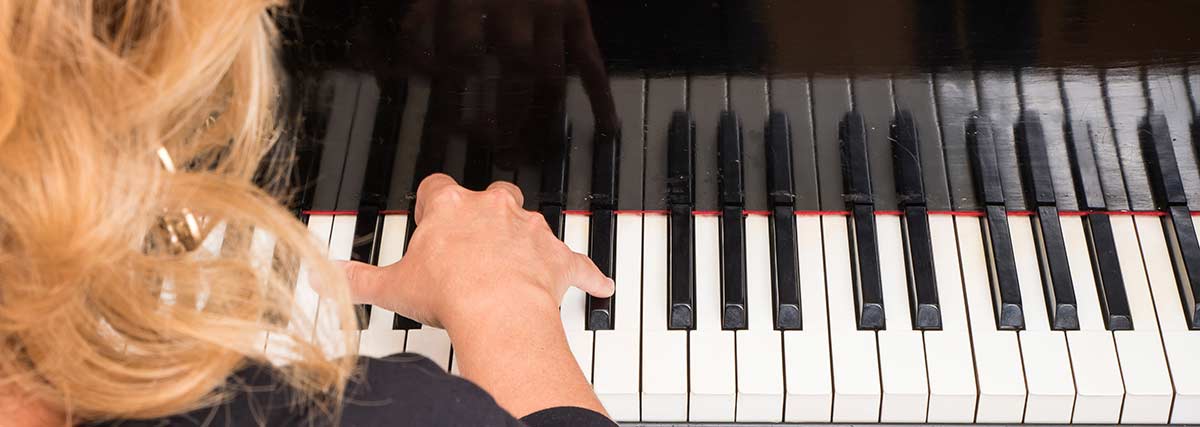
1) IT'S FUN! Contrary to what you might think, after a few weeks of hard work, you can start to enjoy yourself. Indeed, our hands get used to "understanding" the work we impose on them, and when we see the progress, it is even more enjoyable to play our favourite pieces.
2) IT IS REASSURING! Indeed, how many of us fear playing in concert or even in class, because there is a passage we have not mastered? This passage torments us and we cannot enjoy the music until the beast is "tamed". The technique serves to reassure us, to make us experience total mastery of the piece, then we have room for interpretation and emotion.
3) IT IS BEAUTIFUL! It should not be forgotten that the study of technique allows one to do exactly what the composer writes on the score. When this happens, a different light shines on the performance, it is finally complete and, above all, beautiful.
4) IT'S BEAUTIFUL (YES, AGAIN)! Our technical progress allows us to study pieces that are more and more technically complex and also more pleasant to listen to. Think of Chopin's marvellous etudes, each one devoted specifically to a technical problem but without forsaking musical expression. Indeed, these etudes are difficult precisely because they combine technically uncomfortable passages with unforgettable music.
5) IT IS INDISPENSABLE! Finally, the technical problem is unavoidable. If we read Heinrich Neuhaus' book The Art of Playing the Piano, we discover how technical exercises help to develop strong and resistant fingers. This is a very interesting aspect, because strong fingers will first of all be synonymous with a more secure performance, but also and above all will guarantee the possibility of increasing the tonal range necessary for piano study. With strong fingers, it is possible to control the weight on the key much more easily, even with complex chords or passages, without the risk of losing the full range of sound.
Technique, in Greek, was called technê and had a very different meaning from today's, which tends to emphasise its purely practical side. The term technê was used to designate a prerogative of the gods that was given to men to compensate for their intrinsic weakness. There was therefore the technê of the goldsmith, the technê of the craftsman, the technê of the politician, the technê of the artist. Perhaps we could rethink this complex term by linking it to the technique of the piano, which is also much broader and deeper than you think. Of course, pursuing technique 'for technique's sake' gets us nowhere. All the great musicians warn us about this. Technique must always be pursued with the goal of sound and expression, the true purpose of piano playing.

